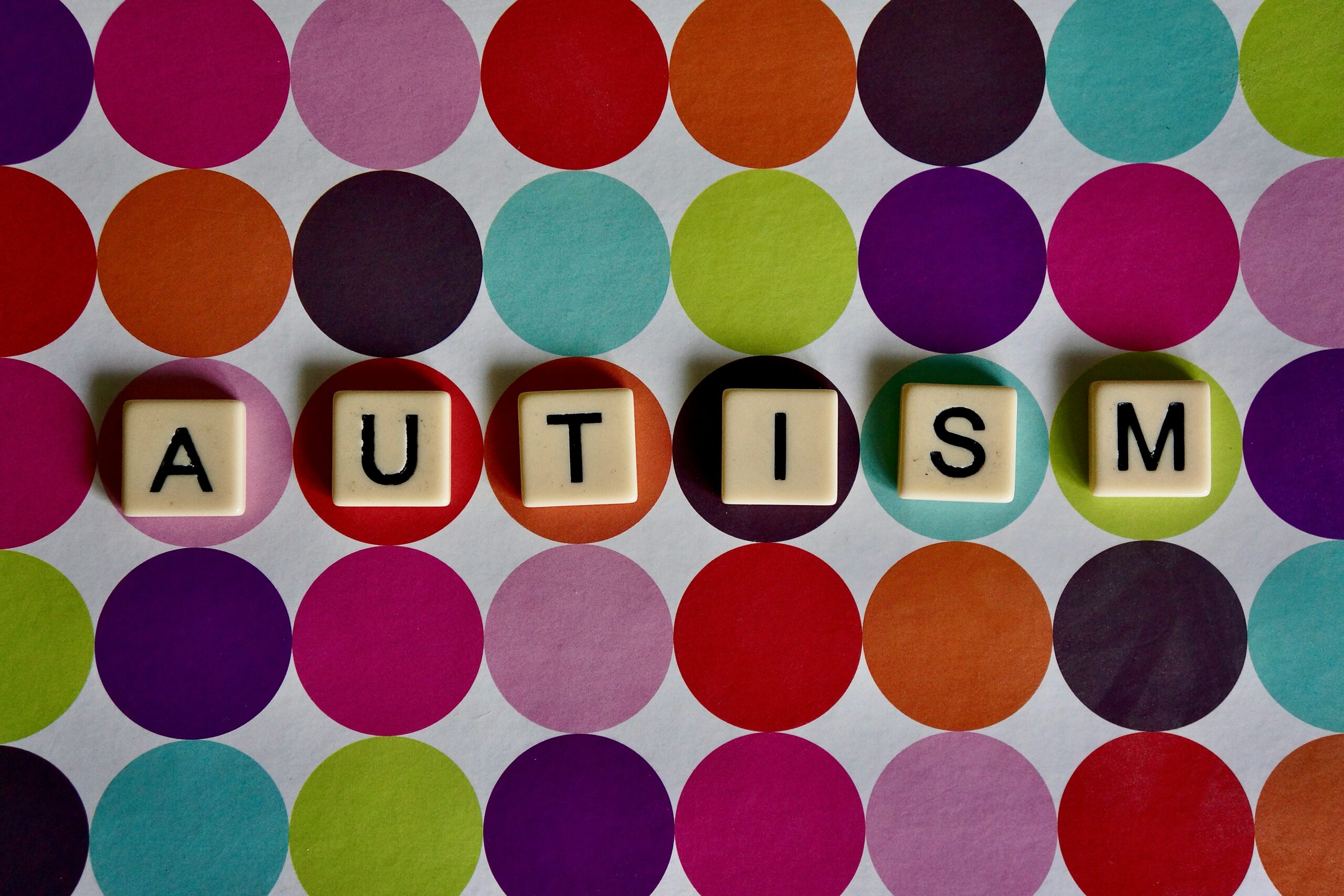Understanding the Spectrum: Diagnosis and Treatment of Autism Spectrum Disorder
Autism Spectrum Disorder (ASD) presents diverse challenges and opportunities for diagnosis and treatment in the realm of clinical psychology.

Understanding Autism Spectrum Disorder
Autism Spectrum Disorder (ASD) is a complex neurodevelopmental condition characterized by challenges with social skills, repetitive behaviors, speech, and nonverbal communication. The term “spectrum” reflects the wide variation in challenges and strengths possessed by each person with autism. Understanding ASD requires a comprehensive approach, as it encompasses a range of symptoms and levels of impairment. Clinical psychologists play a crucial role in diagnosing and treating this disorder, leveraging various tools and methods to assess individual needs.
Diagnosing ASD is not a straightforward process. It involves a thorough evaluation that includes observations, standardized tests, and interactions with the individual. Clinical psychologists often collaborate with other professionals such as neurologists, pediatricians, and speech therapists to gather a complete picture of the individual’s abilities and challenges. Essential diagnostic tools include the Autism Diagnostic Observation Schedule (ADOS) and the Autism Diagnostic Interview-Revised (ADI-R), both of which help professionals identify the specific characteristics of ASD in individuals.
Challenges in Diagnosis
One of the significant challenges in diagnosing ASD is its heterogeneity; that is, symptoms can manifest very differently from one individual to another. Some may show clear signs from an early age, while others might not be diagnosed until later in life. Early diagnosis is crucial, as it allows for the implementation of interventions that can significantly improve outcomes. However, the variability in symptoms often leads to misdiagnosis or delayed diagnosis. Additionally, co-occurring conditions such as Attention Deficit Hyperactivity Disorder (ADHD), anxiety, and depression can complicate the diagnostic process, necessitating a nuanced understanding from clinical psychologists.
To address these challenges, clinical psychologists employ a variety of assessment methods beyond standard tests. These can include:
- Behavioral assessments
- Family interviews
- Developmental history analysis
These assessments provide a holistic view of the individual’s capabilities and difficulties, guiding the diagnostic process more accurately.
Treatment Approaches
Treating ASD involves a multidisciplinary approach that is tailored to the individual’s unique needs. Clinical psychologists often work alongside occupational therapists, speech therapists, and educators to create a comprehensive treatment plan. Behavioral therapies, particularly Applied Behavior Analysis (ABA), are among the most effective interventions for ASD. ABA focuses on improving specific behaviors, such as social skills, communication, and academics, through reinforcement strategies.
Moreover, cognitive-behavioral therapy (CBT) is employed to help individuals with ASD manage anxiety and improve emotional regulation. Social skills training is another crucial component, helping individuals develop the ability to interact effectively with others. The integration of technology, such as computer-assisted learning and virtual reality, is also becoming increasingly popular in ASD treatment, offering innovative ways to engage and educate individuals on the spectrum.
Family and Community Support
The role of family and community support cannot be overstated in the treatment and management of ASD. Families are often the primary caregivers and advocates for individuals with autism, and they require guidance and support from clinical psychologists to navigate the challenges they face. Parent training programs are essential, as they equip families with strategies to support their loved ones effectively. These programs often cover techniques for managing challenging behaviors, enhancing communication, and creating supportive environments at home.
Community support is equally important, as it fosters understanding and inclusion. Awareness campaigns and educational programs help demystify ASD, reducing stigma and promoting acceptance. Clinical psychologists often collaborate with schools and community organizations to develop programs that support individuals with ASD in educational and social settings, enhancing their quality of life and promoting independence.
Conclusion
In summary, understanding and treating Autism Spectrum Disorder is a multifaceted endeavor that requires a collaborative approach. Clinical psychologists are at the forefront of this effort, providing invaluable expertise in diagnosis and treatment. By employing comprehensive assessment methods and evidence-based interventions, they help individuals with ASD lead fulfilling lives. The support of families and communities further enhances these efforts, creating a more inclusive society where individuals with autism can thrive. As research continues to advance, the hope is that more tailored and effective treatments will emerge, offering even greater opportunities for those on the spectrum.
